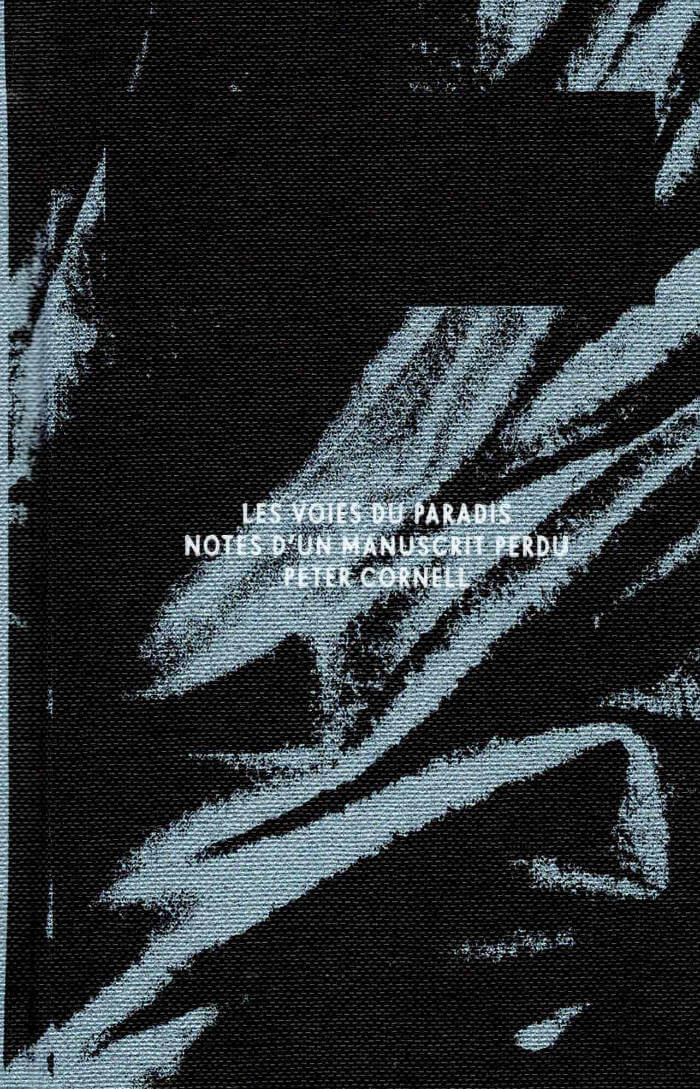
Against Ageism: A Queer Manifesto
Age! What is it good for? Absolutely nothing! (Apart from greasing the wheels of capitalist reproduction.) In this queer manifesto, Simon(e) van Saarloos weaves a wealth of militant sex-liberationist, afrofuturist, transfeminist and decolonial imaginaries into their anti-ageist sails, charting a confident course across contemporary society’s generational hang-ups as well as visiting, in some more personal moments, their own.
-Sophie Lewis, author of Abolish the Family: A Manifesto for Care and Liberation and Full Surrogacy Now: Feminism Against Family
Against Ageism: A Queer Manifesto starts with what it is not: it is not a socio-economic argument against ageism, celebrating “the elderly” as economically viable. Author Simon(e) van Saarloos is not interested in natural arguments about age, which portray different age groups as valuable because of assumed inherent qualities. Instead, this manifesto starts with an experience of childhood sexual abuse, and moves on to dissect the ways in which constructions of “age” and “youth” function to support and reproduce white supremacist patriarchy. The book includes two reproductions of works by painter Samantha Nye.
Simon(e) van Saarloos is the author of Take ‘em Down (Publication Studio Guelph) and Playing Monogamy (Publication Studio Rotterdam). They were the curator of the 2021 exhibition on Abundance (“We must bring about the end of the world as we know it” – Denise Ferreira da Silva) in Het HEM and are also the host of *The Asterisk Conversations podcast. Van Saarloos is currently a PhD candidate in the Rhetoric department at UC Berkeley.







